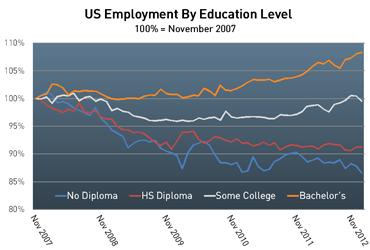 Your first phone call with a
hiring practice is very important. As
the old saying goes, "You never get a second chance to make a first
impression." Many of our clients
use a phone interview to decide which candidates they would like to take the
time to meet with in person. To help you
put your best foot forward here are a few tips:
Your first phone call with a
hiring practice is very important. As
the old saying goes, "You never get a second chance to make a first
impression." Many of our clients
use a phone interview to decide which candidates they would like to take the
time to meet with in person. To help you
put your best foot forward here are a few tips:Be Prepared to Interview
- Have your résumé nearby so it is easily accessible when a practice
calls.
- Make a short list of your accomplishments available to
review.
- Have a pen and paper handy for note taking.
- Turn call-waiting off so your call isn't interrupted.
- If the time isn't convenient, ask if you could talk at another time
and suggest some alternatives.
- Clear the room - evict the kids and the pets. Turn off the stereo
and the TV. Close the door.
- Unless you're sure your cell phone service is going to be perfect,
consider using a landline rather than your cell phone to avoid a dropped
call or static on the line.
- Don't smoke, chew gum, eat, or drink.
- Do keep a glass of water handy, in case you need to wet your
mouth.
- Smile. Smiling will project a positive image to the listener and
will change the tone of your voice.
- Speak slowly and enunciate clearly.
- Refrain from using slang.
- Use the person's title (Dr., Mr., or Ms. and their last name.) Only
use a first name if they ask you to.
- Don't interrupt the interviewer.
- Take your time - it's perfectly acceptable to take a moment or two
to collect your thoughts.
- Give short answers.
Posted by Chante Smith, Recruiter with ETS Vision. You can reach Chante at (540) 491-9105 or csmith@etsvision.com. Check us out at www.etsvision.com.


